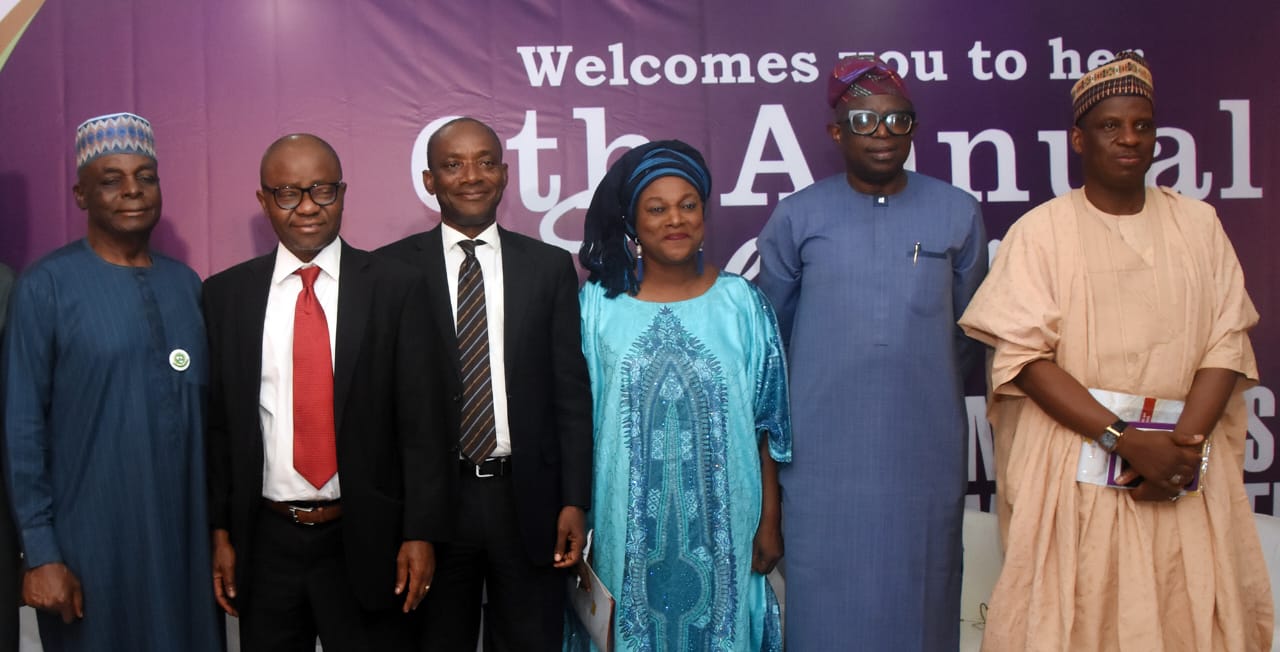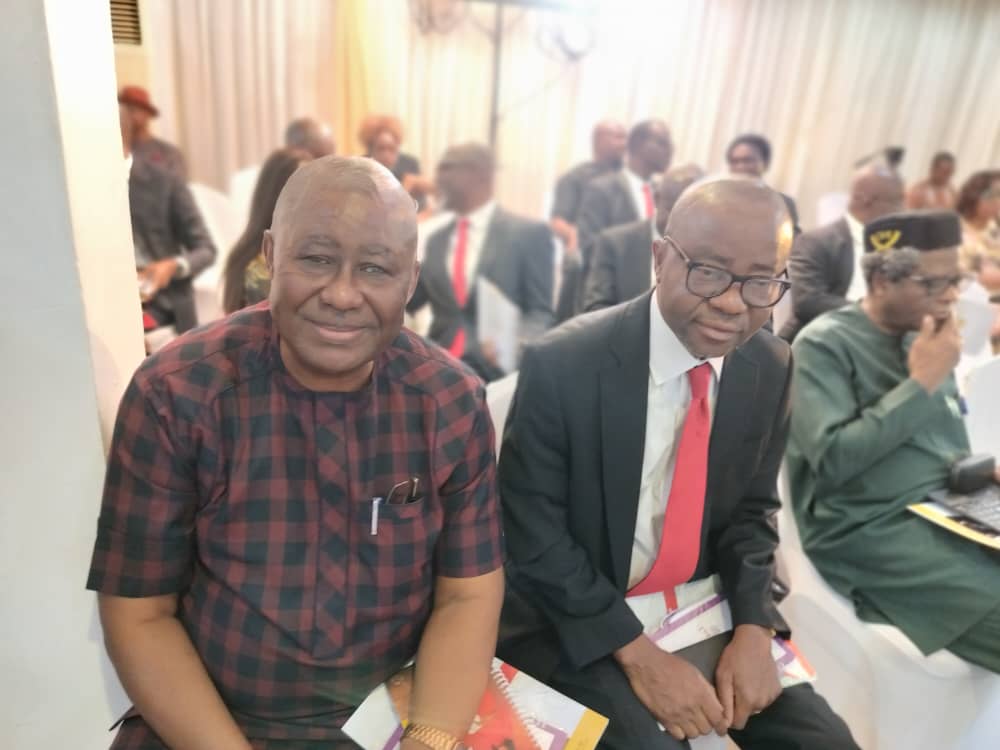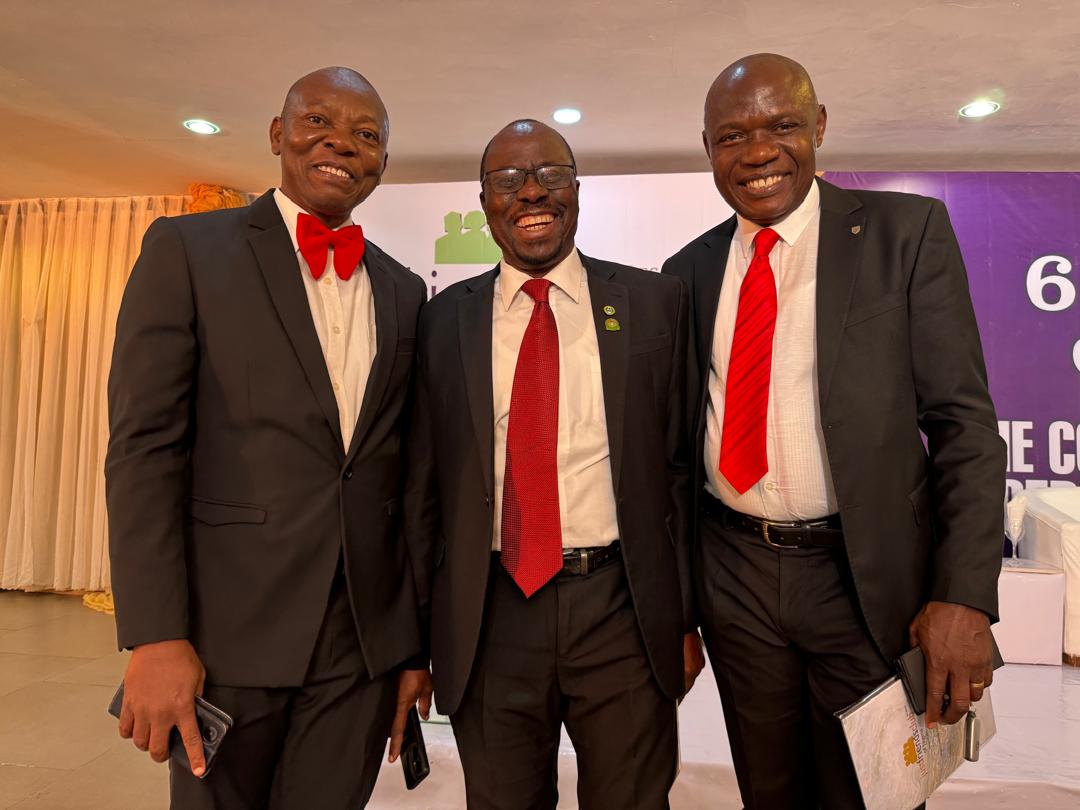A former Chairman of the Nigerian Electricity Regulatory Commission (NERC), Dr. Sam Amadi has weighed into the debate about the high and unsustainable cost of governance in Nigeria.
Dr. Amadi, Director of the Abuja School of Social and Political Thought was a guest speaker at the 6th annual lecture of Just Friends Club of Nigeria (JFCN), which took place on Tuesday, at Bolingo Experia Hotel in Abuja.

Speaking on the topic: High Cost of Governance as an Impediment to Development, the former NERC boss who cautioned that Nigeria’s poor economic situation calls for great prudence and fiscal discipline expressed concern that “Nigeria is highly indebted to the point that we service our debts with almost 80-90% of our revenue.”
He also pointed out that: “We are not just a highly indebted country, we are borrowing to service the debts, further worsening our economic situation. We are stuck in debts after we struggled to free ourselves from debt under President Obasanjo administration.”

Amadi however proffered some solutions.
“The problem with managing cost of governance is that it is multidimensional and must be part of a strategic vision of development. The problem of development in Nigeria can be summed by in three phrases- coherence, comprehensiveness and consistence. Incoherence relates to alignment between institutions, policies and bureaucracy. The overarching element of a strategic vision of development is that it must flow from a proper diagnosis of the problem.

“The problem with the public service is not that we have too many departments, agencies and ministries as much that we have created multiple agencies without clear-cut idea of how each agency reinforces the concept and project of development. Development requires coherent ideas and coherent practice.
We cannot reduce cost of governance in any systematic and effective manner unless we can articulate a strong and coherent vision of government and design simple processes that enable us to deliver. We have to learn from nature itself. Nature fits organ to function. We have to create structure that matches function. Simplicity is an art of genius. We need simple system that are cost efficient and effective.
“The process of development involves three stages: strategy, operation and tactics. In strategy, you start with diagnosis which correctly captures the social pathology that you want to cure. If we mistake the social pathology we administer the wrong cure. From accurate diagnosis we get to directing policy.
“Directing policy asks where you want to be, what new state of affair do you want. When you have a clear directing policy which shows what is changing, then you get to coherent set of actions to create the new future. The problem is that Nigeria’s cost of governance reform does not follow this rigorous analysis.”





